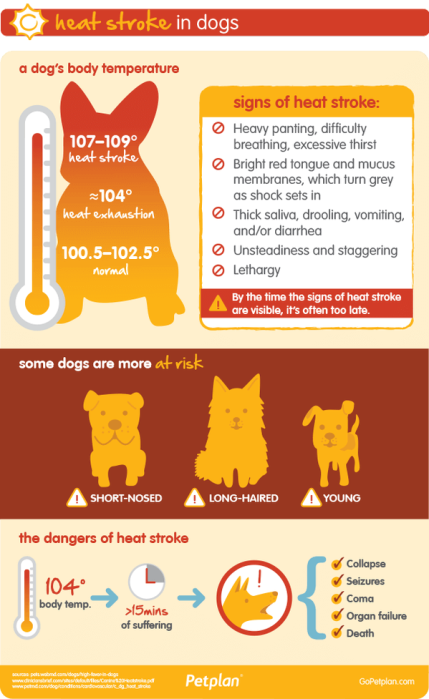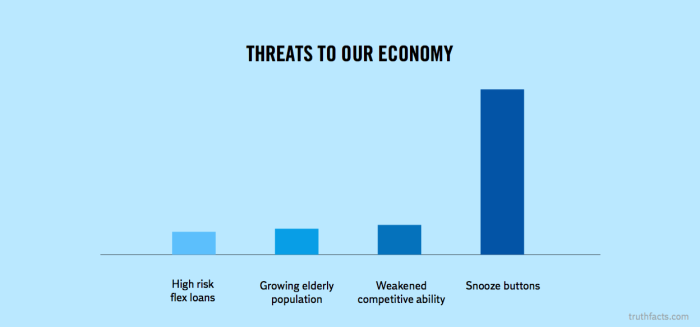It’s no secret that college students are under a lot of stress, but getting those students to seek help still proves to be a challenge.
Roommates may be the key to connecting students to the mental health support they need, according to a new study out of New York University.
“This is really important topic. College should be an exciting moment of people’s lives, but often times you see a lot of college kids experiencing a lot of stress and difficulties, including social and academic [challenges],” said Qi Xu, a doctoral student in NYU’s Department of Psychology. “Sometimes, there’s really bad outcomes that could lead to.”
Suicide is a leading cause of death among college students in the United States, according to the Suicide Prevention Research Center. Schools do have mental health initiatives and outreach efforts, but Xu and other NYU researchers wondered if roommates could help.
“Often, college and universities are pretty proactive in reaching out to students, providing different counseling services for mental health problems, but students hesitate about whether they should seek out this support,” Xu said.
Resident assistants (RAs) in dorms are commonly trained to spot signs of mental health concerns, but since roommates tend to spend more time together, they might have better insight into each others’ emotions.
Researchers asked more than 180 pairs of roommates at multiple universities to first rate their own level of distress and then rate how distressed they thought their roommates were.
Students were pretty sensitive to the distress their roommates felt — and tend to think that that distress level matches their own — but they’re still underestimating how distressed their roommates actually are, the study found.
This is useful insight, Xu said, because if people tend to under rate their roommates, it means schools might need to pay extra attention to when students do report something.
Since regular students might not know what to do in these situations, the researchers suggested roommates be trained, like the RAs are, to spot signs of distress.
“More universal training on how to identify and respond to the distress of peers might have the benefit of encouraging conversations among roommates about what actions each might take if he or she notices another experiencing extreme distress,” the researchers wrote in their paper, published Monday in the journal Personality and Social Psychology Bulletin.
Xu considered that putting an added responsibility on students’ shoulders to watch out for their roommates’ wellbeing may add to their own stress levels, but she said that previous research has shown that those who are providing support for others experience a psychological benefit, as well.
Ultimately, more research needs to be done, and Xu believes this is worth looking into.
“I think this is a really important topic not only from a research perspective but for the general implication, for the community health of universities,” she said. “I hope our research can lift up and … draw public attention to these topics.”

















